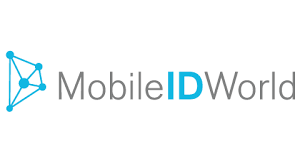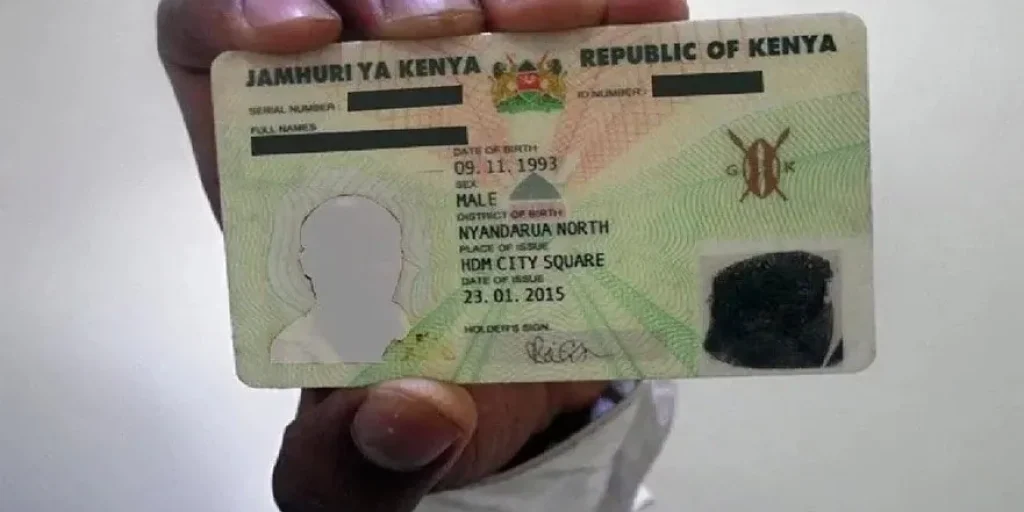Kenya’s balancing act: online accountability and digital rights
 Kenya is advancing legislation that would require all social media users in the country to verify their identities using National ID cards before accessing social media platforms.
Kenya is advancing legislation that would require all social media users in the country to verify their identities using National ID cards before accessing social media platforms.
The proposed measure aims to reduce online anonymity and combat issues like misinformation, hate speech and cyberbullying on social media platforms.
The initiative follows Kenya’s broader efforts to strengthen digital identity verification, including the country’s recent nationwide digital ID registration programme for secondary school students.
The move is part of broader digital transformation efforts by Kenya’s Ministry of Information, Communications and the Digital Economy (MoICDE), which has been actively implementing digital identity frameworks, including the recent launch of the Kenya Digital Token ($KDT) for citizen participation in the digital economy.
The development builds upon Kenya’s partnership with the United Nations Development Programme (UNDP) to advance its digital identity initiative.
The Communications Authority of Kenya (CA) has demonstrated a consistent regulatory approach toward digital services, as evidenced by recent enforcement actions against unlicensed tracking services. The regulatory oversight extends to the proposed social media verification requirements
The CA has recently been active in implementing new security measures to combat digital fraud, particularly in the mobile sector.
The legislation emerges amid ongoing discussions about digital rights and state control. During recent protests against the Finance Bill, authorities implemented Internet speed restrictions and detained online critics, highlighting the complex relationship between digital governance and civil liberties.
The developments follow a pattern of increased digital oversight, including the CA’s controversial directive requiring mobile phone International Mobile Equipment Identity (IMEI) registration.
Implementation challenges may arise from existing barriers to National ID acquisition. Youth and marginalised populations have reported difficulties obtaining National IDs, as documented in public forums like the #SiasaYaID events, potentially affecting equal access to social media platforms under the proposed system.
However, recent initiatives have shown progress in expanding digital access, such as new regulation enabling refugees to access mobile services.
The Bill represents part of Kenya’s broader digital governance strategy, which includes blockchain-based digital tokens and enhanced oversight of digital services. The initiatives reflect the government’s efforts to balance online accountability with digital rights and access, while positioning Kenya as a leader in digital transformation across Africa.
PICTURE: Kenya’s digital National ID card is an important part of its all-embracing digital policies (Identity Week)
This article was first published here



